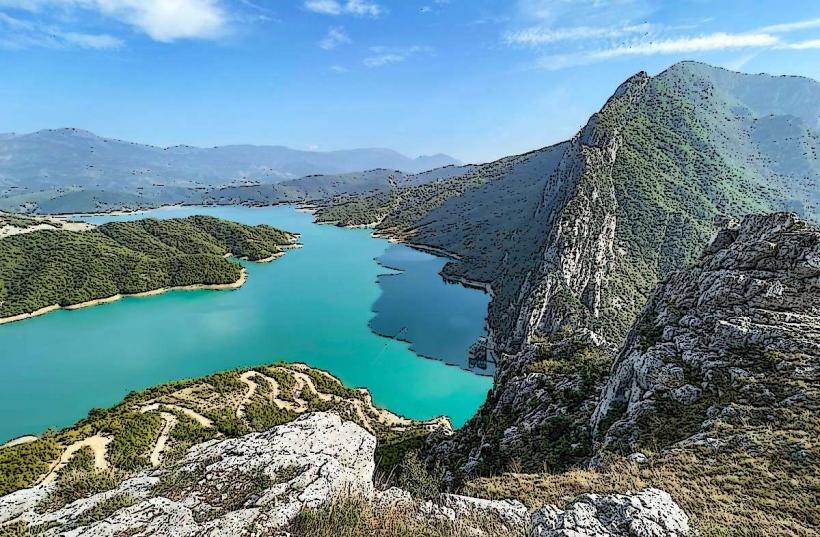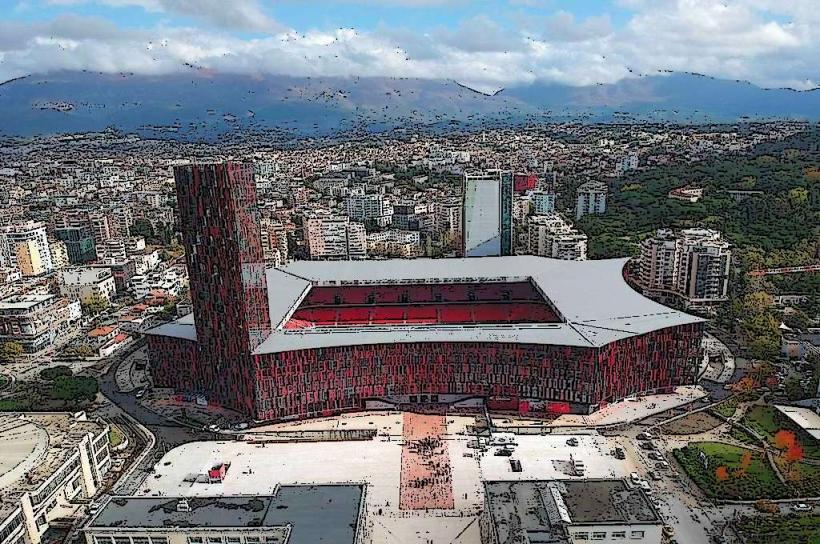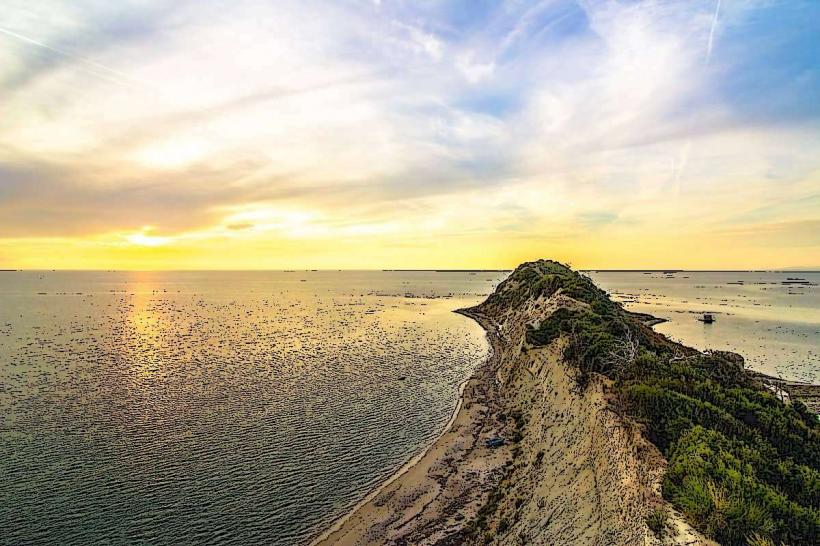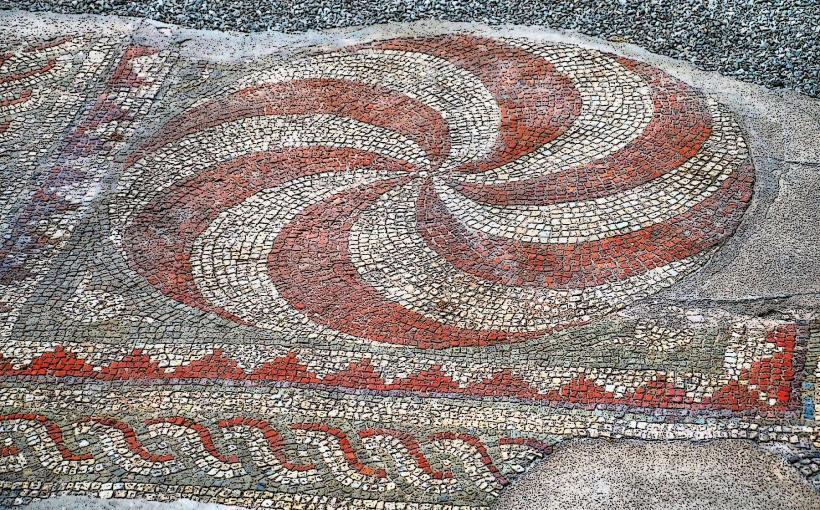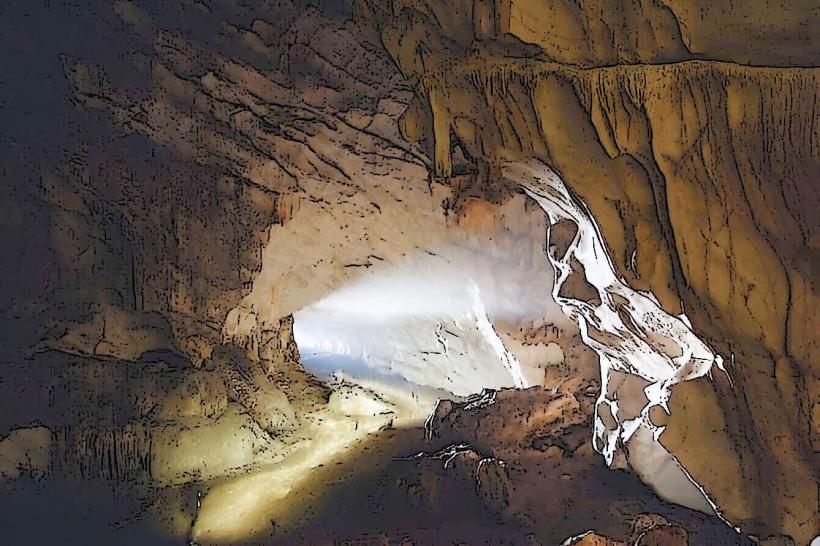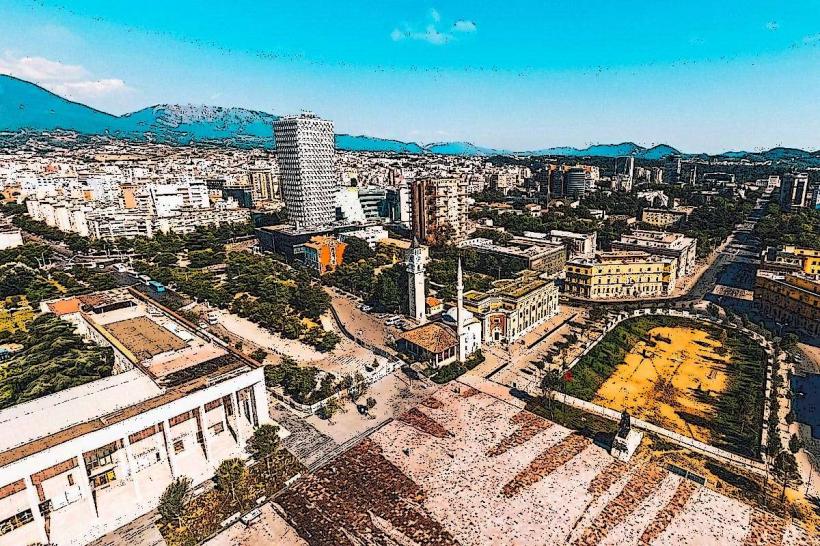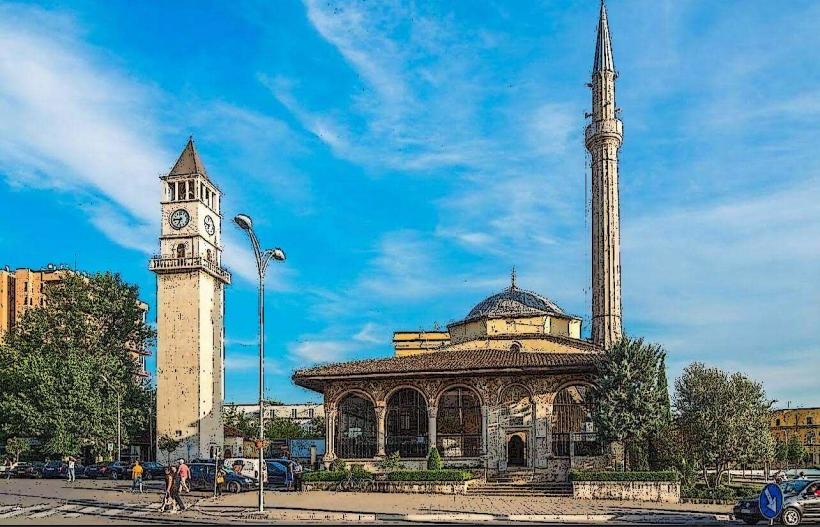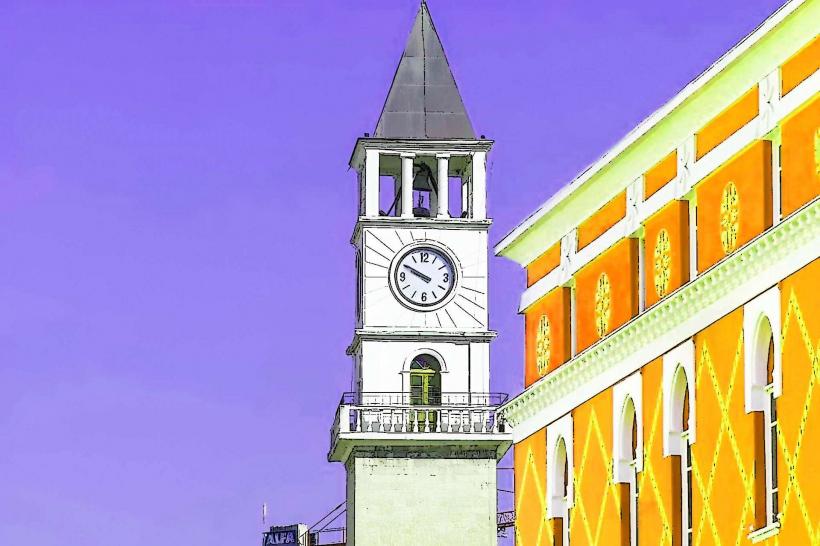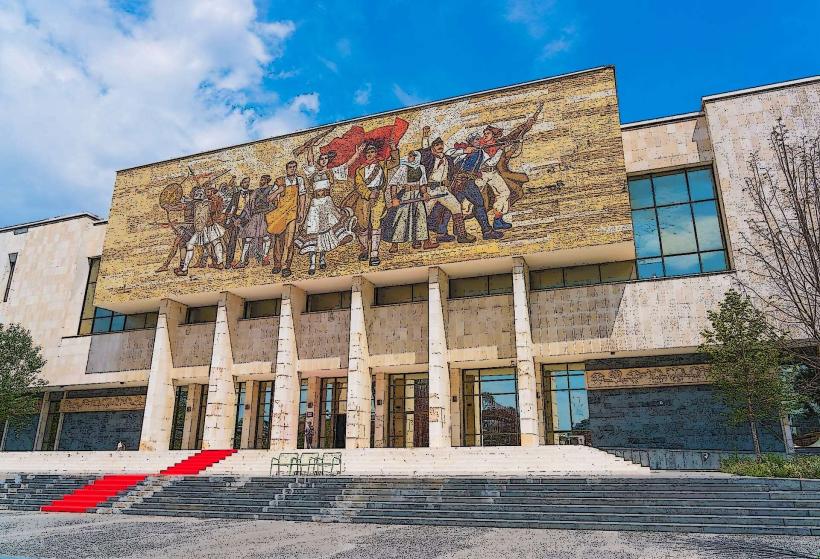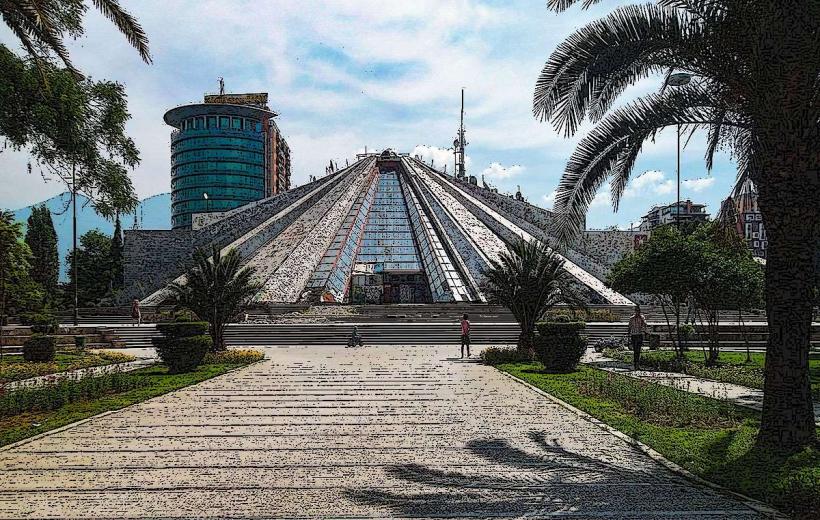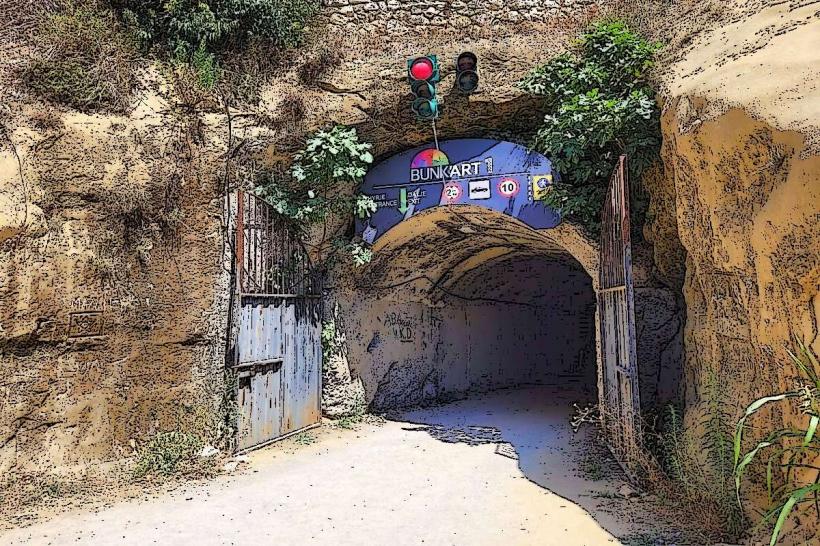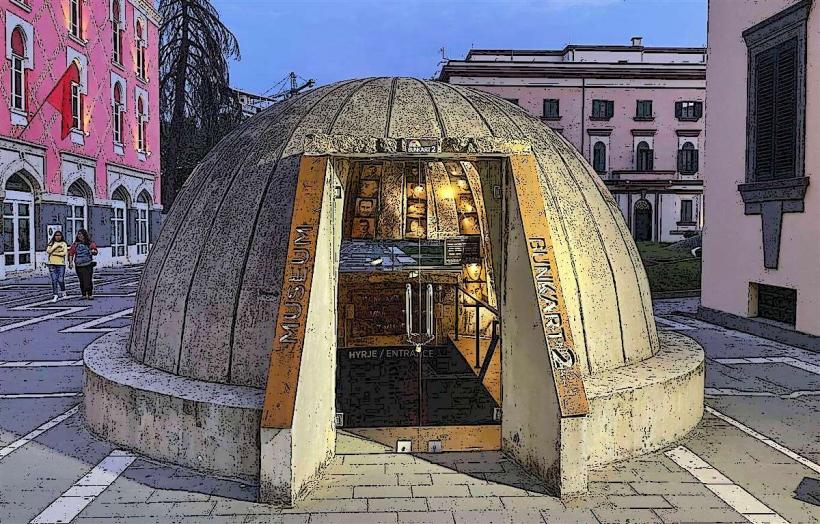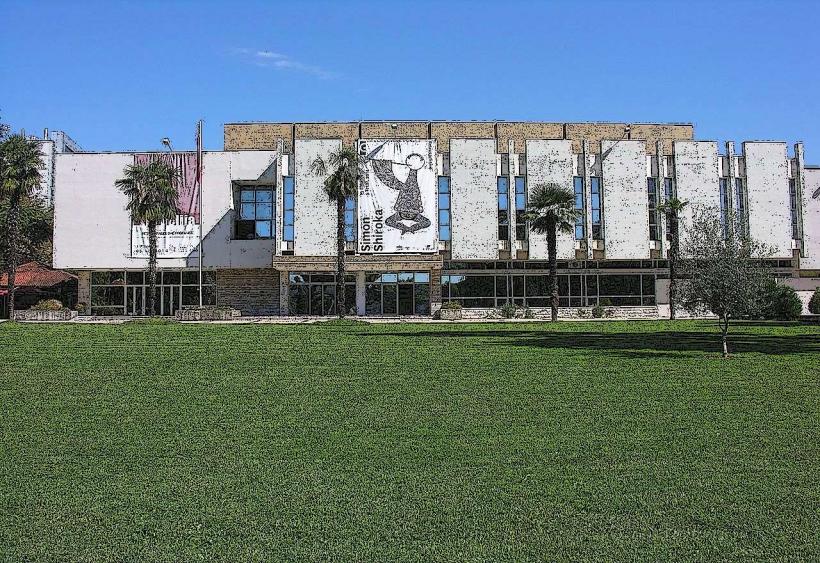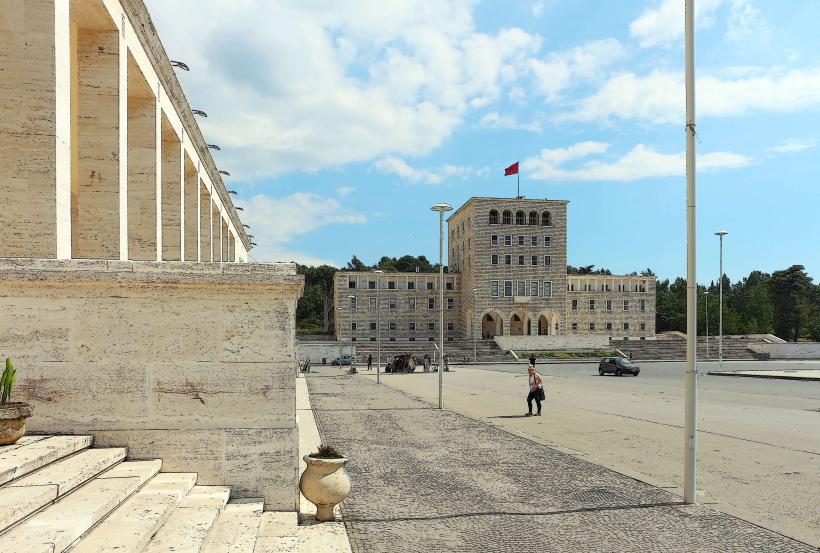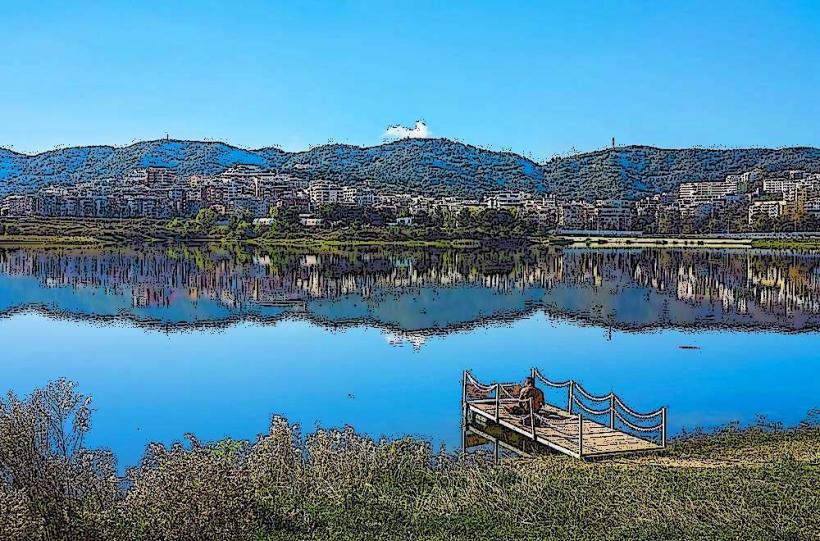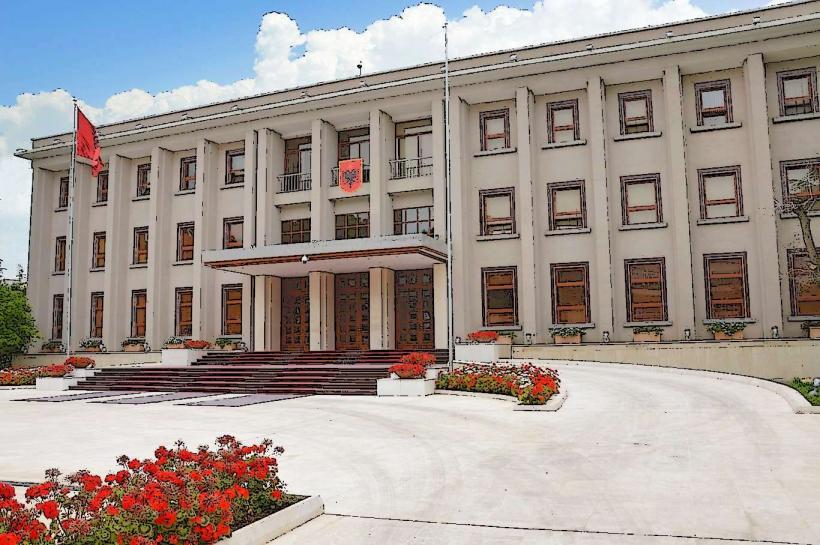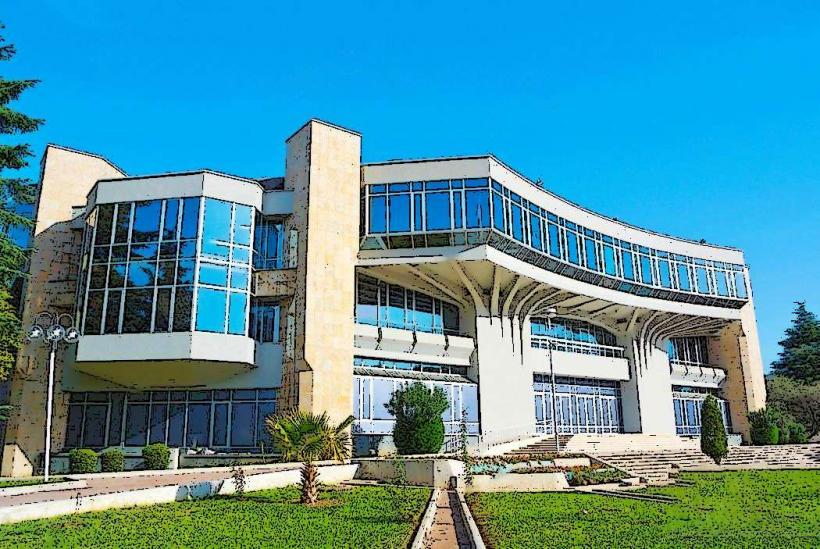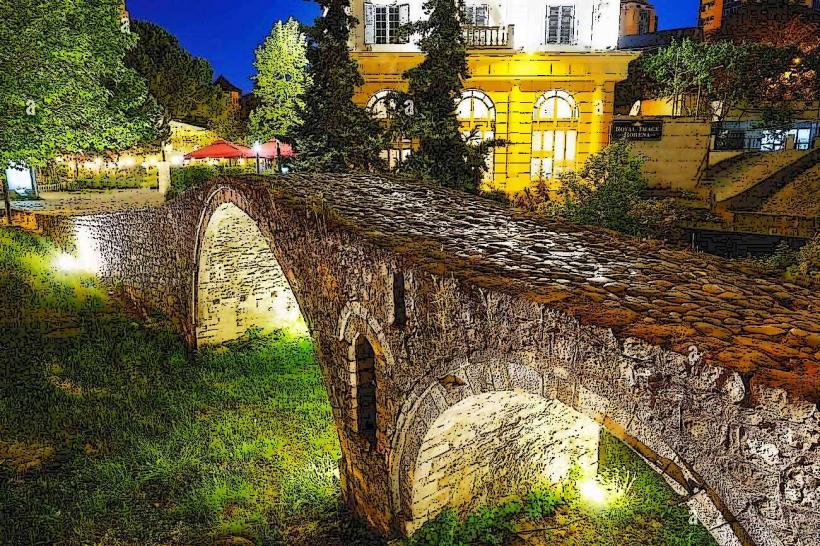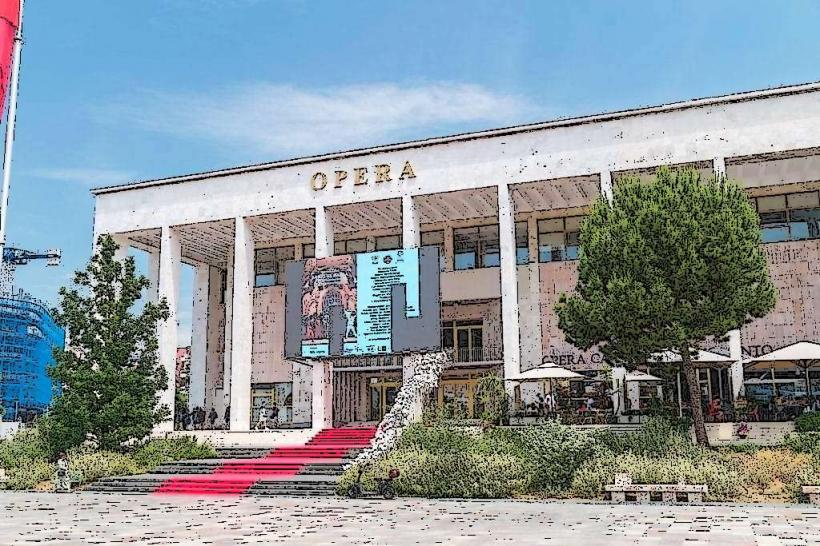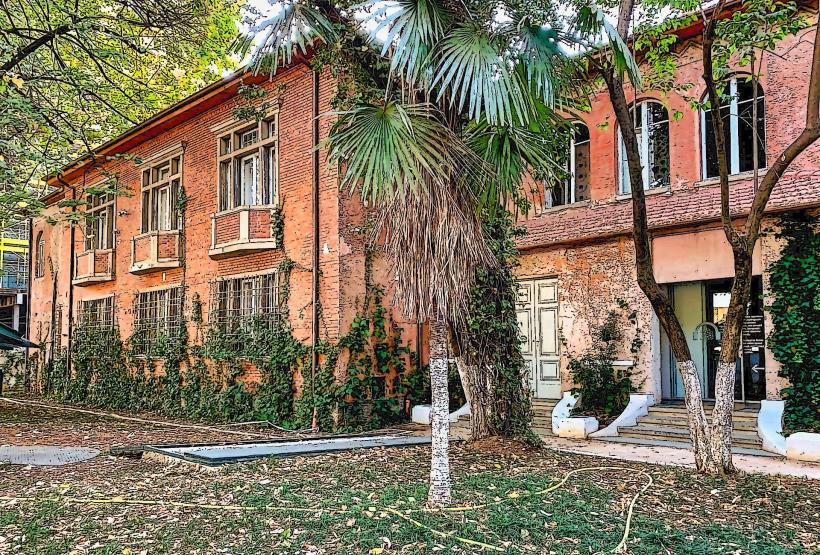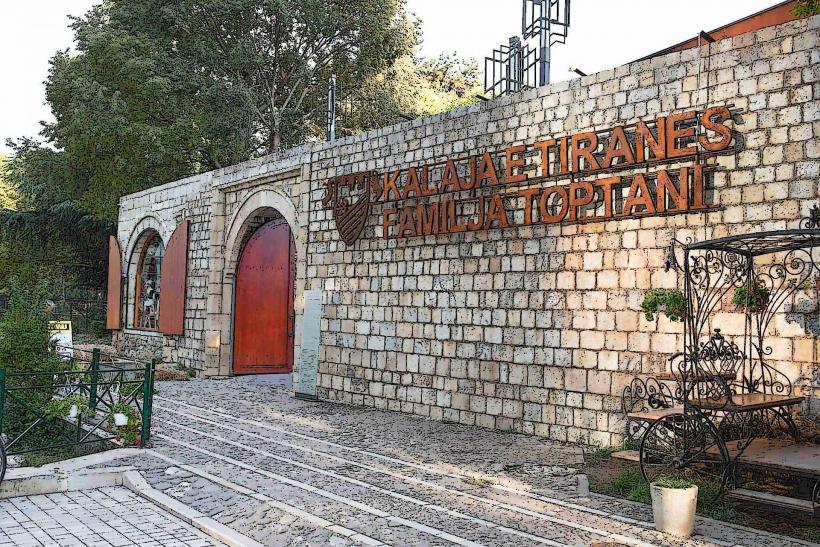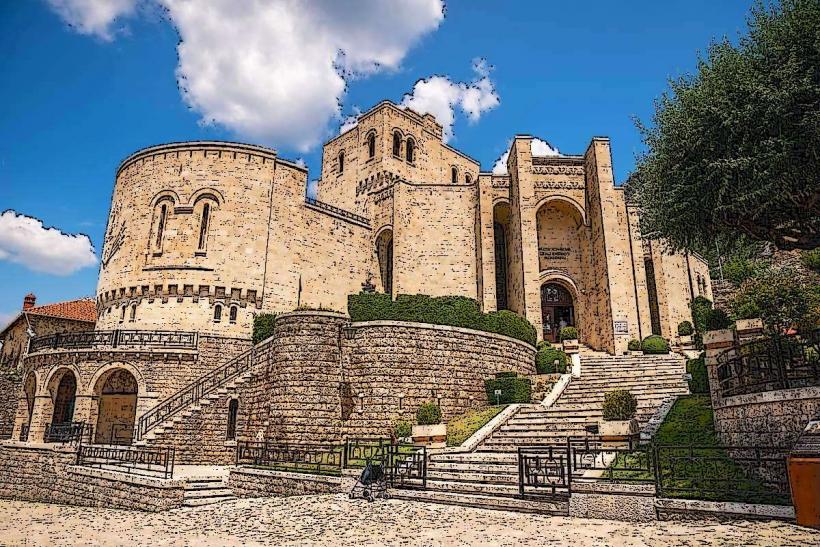Information
Landmark: Resurrection of Christ Orthodox CathedralCity: Tirana
Country: Albania
Continent: Europe
The Resurrection of Christ Orthodox Cathedral (Katedralja e Ngjalljes së Krishtit) is a monumental and significant Eastern Orthodox cathedral located in Tirana, Albania. It is one of the most important religious structures in the country and serves as the central place of worship for the Albanian Orthodox Church. The cathedral holds both religious and cultural significance for the Orthodox Christian community in Albania and for the broader Albanian society.
1. Historical Context
The construction of the Resurrection of Christ Cathedral began in 2001 and was completed in 2012. It was built as part of a broader effort to revitalize and expand the presence of the Orthodox Church in post-communist Albania. Albania, a country that had been officially declared an atheist state during the communist era (under Enver Hoxha), underwent significant religious and cultural changes after the fall of communism in 1991. The building of the cathedral symbolized a revival of religious expression and a reassertion of Albania’s Orthodox Christian heritage.
- The Resurrection of Christ Cathedral was envisioned as a modern religious center for the Orthodox community in Albania, as well as a symbol of national renewal and religious freedom following the end of state-imposed atheism.
2. Architecture and Design
The Resurrection of Christ Orthodox Cathedral stands as one of the largest and most impressive religious buildings in Albania. Its design blends traditional Orthodox Christian elements with modern architectural techniques, reflecting both the ancient history of the Eastern Orthodox Church and Albania’s contemporary needs.
Architectural Style: The cathedral is built in a Byzantine Revival style, which is characteristic of many Orthodox churches. The design incorporates traditional domes, arches, and iconography, while also integrating elements of modern construction techniques. The building is spacious, with a large central dome that dominates the interior, a hallmark of Byzantine church architecture.
Exterior: The exterior of the cathedral is characterized by stone cladding and ornate decorative elements, which give the building an imposing presence. The entrance features a grand archway, leading visitors into the main worship space.
Interior: The interior of the cathedral is equally striking, with golden mosaics and iconography that depict key scenes from Christian scripture and the lives of saints. The central altar area is surrounded by beautifully designed icons, many of which are traditional in style but executed with modern techniques.
Size and Capacity: The cathedral is vast and can accommodate thousands of worshippers, making it the largest Orthodox church in Albania. The structure includes several chapels, a baptismal font, and areas dedicated to prayer and meditation.
3. Symbolism and Religious Importance
The Resurrection of Christ Cathedral holds deep religious significance for the Orthodox Christian community in Albania, as it is dedicated to the Resurrection of Jesus Christ, a central tenet of Christian belief. The cathedral symbolizes the victory of life over death and the hope of eternal salvation through Christ.
The name of the cathedral, the Resurrection of Christ, refers to one of the most important events in Christianity: Christ’s resurrection from the dead, which is celebrated annually during Pascha (Easter) by Orthodox Christians worldwide. This event is seen as the ultimate symbol of the triumph of good over evil and the promise of eternal life for all believers.
The cathedral also represents the revitalization of the Orthodox Christian faith in Albania, after decades of suppression under the communist regime. Its construction serves as a reminder of Albania’s Christian heritage, which dates back to the early centuries of Christianity, when the region was part of the Byzantine Empire and home to many early Christian communities.
4. Role and Function
The Resurrection of Christ Cathedral serves multiple important functions for the Albanian Orthodox community:
Religious Services and Worship
- As the main cathedral of the Albanian Orthodox Church, the Resurrection of Christ Cathedral is the site of regular divine liturgies, festive celebrations, and other key religious services. It hosts services for major Christian holidays, including Easter, Christmas, and Feast of the Theophany, as well as important Orthodox liturgical events throughout the year.
National and International Symbol of Faith
- The cathedral serves not only as a place of worship but also as a symbol of Albania's religious diversity and its long-standing connection to the Orthodox Christian faith. It is an important landmark for both Albanian Orthodox Christians and visitors from around the world, attracting those interested in the country’s rich Christian history and cultural heritage.
Cultural and Educational Activities
The cathedral hosts various cultural and educational events, including lectures, religious education programs, and exhibitions related to Orthodox Christianity. It is also a venue for interfaith dialogues and gatherings that promote understanding and cooperation among different religious communities in Albania.
The cathedral may host concerts of sacred music, including performances of church hymns, Gregorian chant, and other sacred traditions that reflect the rich cultural heritage of the Orthodox Church.
5. Cultural and Social Impact
Cultural Heritage: The Resurrection of Christ Cathedral has become a key part of Albania’s cultural landscape, contributing to the preservation of the country's religious heritage. The building is seen as a landmark of both historical importance and modern cultural expression.
Social Role: The cathedral also plays a social role, offering a place for people to come together for prayer, reflection, and community activities. It is a social hub for those who identify with the Orthodox Christian faith and serves as a venue for community support during significant life events, such as weddings, baptisms, and funerals.
Tourism: The cathedral has become a popular tourist attraction for both those interested in religious history and architecture, as well as those looking to explore Albanian culture and heritage. Visitors can explore the cathedral’s magnificent interior, admire the iconography, and participate in services if they wish.
6. Conclusion
The Resurrection of Christ Orthodox Cathedral is a major religious and cultural landmark in Tirana, Albania. Its Byzantine-style architecture, rich iconography, and symbolic dedication to the Resurrection of Christ make it a center of Orthodox Christian worship and an important symbol of Albania’s religious revival after decades of communist atheism. The cathedral not only serves as a place of worship but also as a key element of Albania’s cultural and social fabric, reflecting the country’s growing religious tolerance and its desire to reconnect with its Christian heritage.

